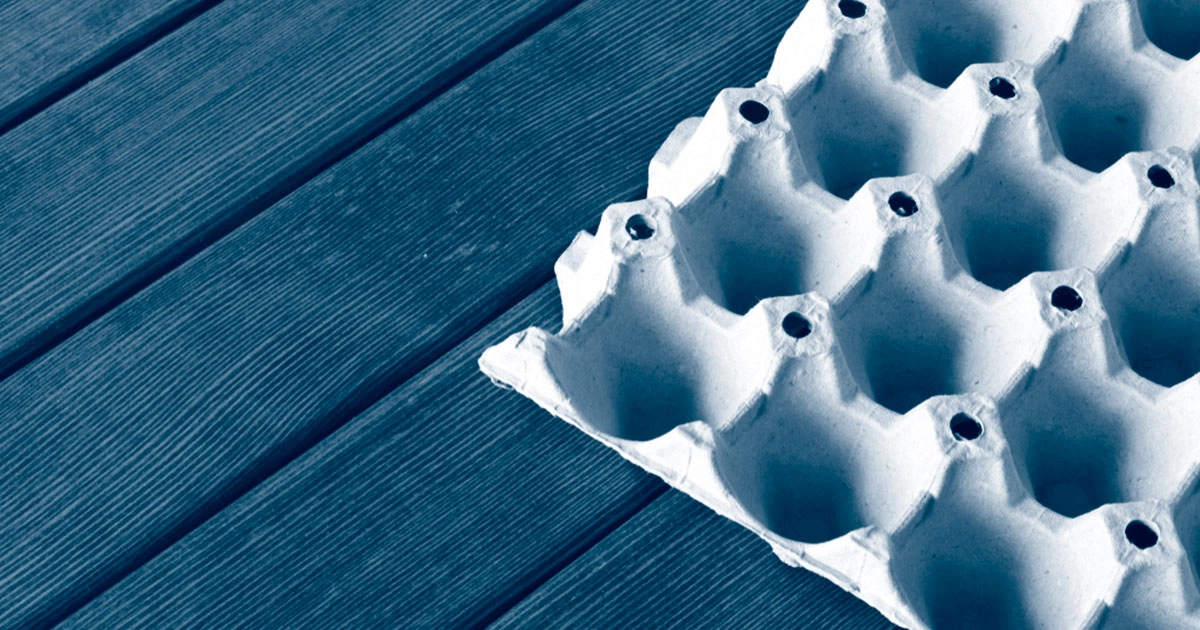Deadline: Year of 2023
background:
Molded fiber, also known as molded pulp, is a wood fiber product, frequently made from recycled paper products like paperboard and newsprint. Molded fiber itself can often be composted or recycled. In its finished format, molded fibers can be pressed into both basic and complex shapes: from simple trays to multi-cavity protective inserts cradling disassembled equipment.
TechConnect’s client, a multi-billion dollar global leader in the food and beverage packaging industry, is seeking innovations in molded fiber technology. Specifically, the client is interested in approaches or technologies which can impart insulative properties to molded fiber while also maintaining an excellent sustainability profile. Potential pathways of interest include, but are not limited to:
- New materials especially bio-derived or sustainably sourced fibers with insulative properties
- New formats for existing materials that increase their insulative properties
- Novel additives that impart insulative properties
- New processing methods that create/improve insulative values
Proposed technologies should allow for a variety of shapes and end-use applications including food and beverage storage. Consequently, the surfaces of all finished goods must either be inherently waterproof and oil resistant or able to accept an additional waterproof and oil resistant additive (added to the material pre-forming) or coating to provide the required performance. Other performance capabilities such as printable or embossable surfaces are highly desirable but not required.
Any proposed innovation must not negatively impact the sustainability or safety profile of the molded fiber. Finished products must be suitable for sustainable end-of-life processing: biodegradable, compostable (either at home or in a commercial setting), or recyclable. Additionally, solutions must avoid usage of substances deemed hazardous or toxic to human health, especially per- and polyfluoroalkyl substances (PFAS).
All technical maturities are of interest, provided that the technology has advanced beyond the concept stage. The technology will, ideally, be ready for commercial deployment within 24 months. Approaches requiring longer than 24 months may be considered, provided that potential benefits offset delays in deployment. Proposed solutions will ideally have a technically and economically feasible path to high volume production (e.g., billions of cups/containers annually), since they could be deployed to replace incumbent single-use packaging technologies.
The goal of this sprint is to facilitate contact and interactions between the Sprint sponsor and commercial entities (including startups) or technology developers or research organization/university in this space. Submissions from all viable subject matter experts are of interest including those from academia and commercial entities.
requirements:
Solvers submitting an Entry are encouraged to highlight capabilities in their Submission that meet criteria including:
- Type of proposed innovation:
- Material
- Chemical
- Process
- Anticipated performance
- Anticipated end-use application(s)
- Sustainability & Safety
- Timeline to commercialization
- Technical maturity


